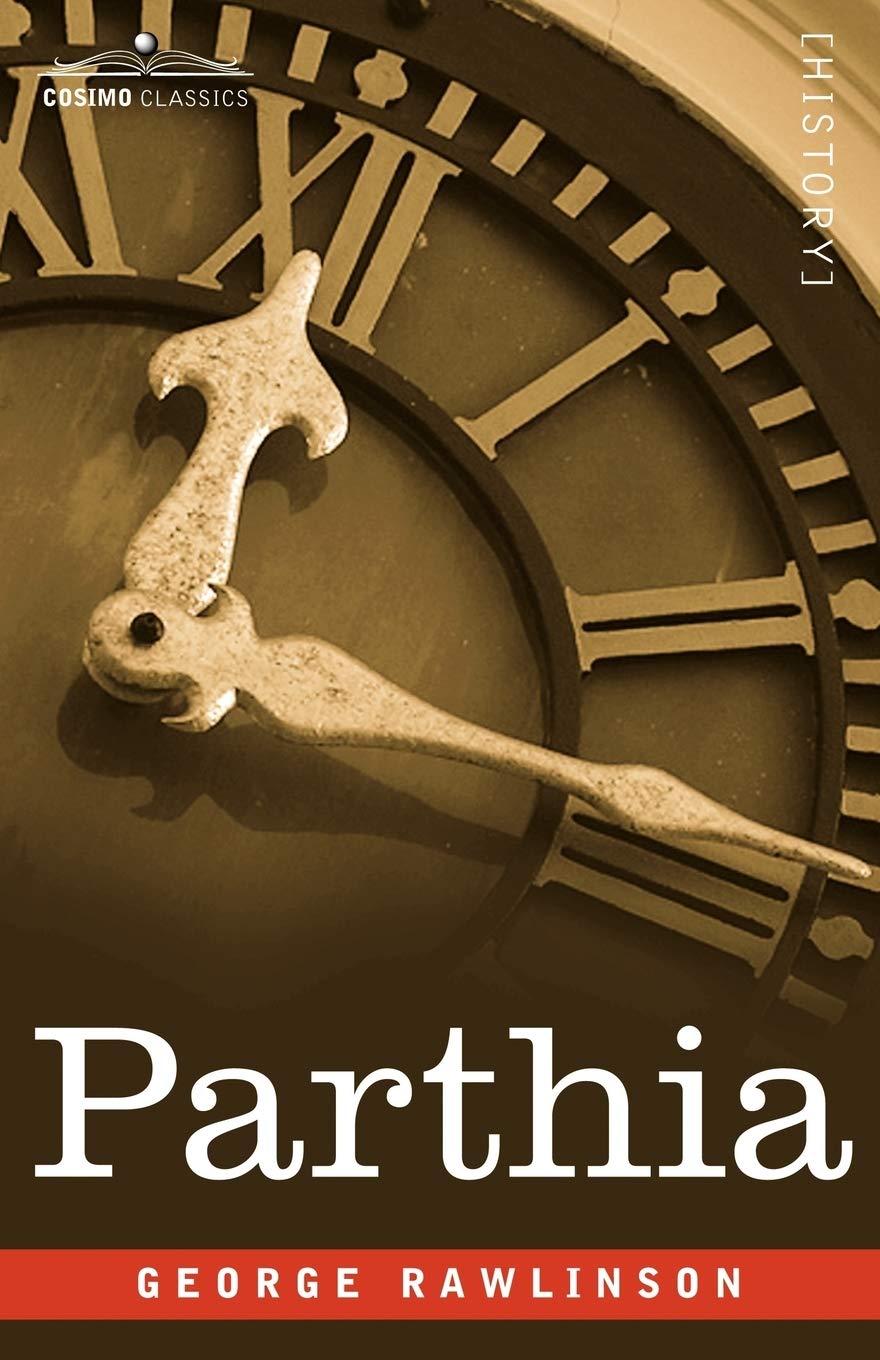Of the three books I've read on the Parthian Empire, this is the best. One focused on the political history of the empire and was difficult to parse without more understanding about the general history surrounding the events. One was really interesting and well written but had an agenda that made much of the information in it suspect. Rawlinson's text seems to strike a good balance, providing useful background info for the eventual political history that follows. But it doesn't just focus on events; it also gives information about the geography and culture, which gives one more of a feel for what those events meant to the folks living at the time.
As a work of history written before the 1950s, it does, alas, participate in some of the dated wording and colonialist perspectives that such older histories often do. Rawlinson, in other words, is too often willing to take on the views of Parthia's detractors, calling it a region of barbarians and critiquing its culture as less refined than those of the West.
The book starts with a discussion of the geography of the area. Following that comes the bulk of the book: a recounting of the various kings and the wars in which they participated. Because so little information was recorded by the Parthians themselves, most of our history about the region comes from outsiders, most especially the Romans. Thus, the history to a large degree is a recounting of Rome's various wars with the empire--and usually over the kingdom of Armenia. My particular focus of interest was the warfare within Mesopotamia, so it was interesting to read about Cassius's disastrous invasion of Parthia--and then the later less disastrous invasions by Titus and another emperor (Severus, if I remember right). Rome never seemed to hold the land for long. Strangely, Parthia would often send royal family to be educated in Rome, which would give Rome the aura of holding "captive" Parthian royals and let it feel superior, even as Parthia often put the actual Roman army to flight.
Parthia was a rather loose empire, with many vassal states within it. The Parthian king was a "king of kings" insofar as many of the vassal states had their own rulers. One gets the feel that it had a more easygoing government than Rome did and that the people had more freedom (though, really, it wasn't likely the "people" who had the freedom but the vassal governments within the Parthia empire that had the freedom to rule over the people as they willed). That leant the kingdom both its strength and its weakness, insofar as the kingdoms ruled over were more often willing to fight for themselves but also, with less cohesion among the subject peoples, less unity between the various factions.







No comments:
Post a Comment